3. The Role of Astronomy in Maya Culture
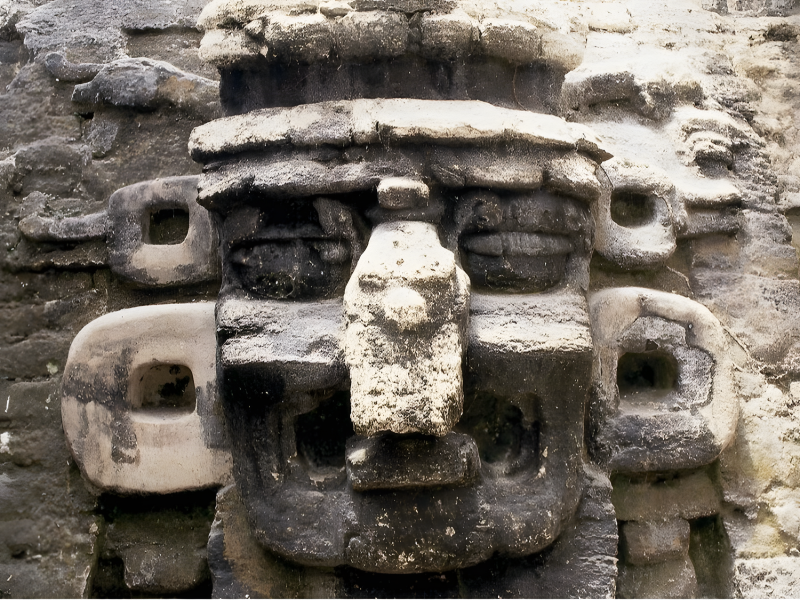
Astronomy played a central role in Maya civilization, influencing many aspects of daily life and spiritual practices. The Maya were exceptional astronomers who meticulously observed the movements of celestial bodies. Their profound understanding of the universe allowed them to create advanced calendars and accurately predict astronomical events. The Maya’s astronomical knowledge was rooted in observations of the sun, moon, planets, and stars. They closely tracked the paths of celestial bodies, particularly Venus, which held great significance in their cosmology. The appearance of Venus in the sky was associated with important events such as agricultural activities and warfare. The Maya integrated astronomy into their religious rituals, believing that the cycles of celestial bodies governed their lives. One of the most impressive achievements of Maya astronomy was their precise calculation of the solar year. The Maya determined that the solar year consisted of approximately 365.2422 days, a figure remarkably close to modern measurements. This accuracy enabled them to create a reliable solar calendar, ensuring that agricultural activities aligned with the seasons. Their ability to predict solar eclipses and other celestial phenomena further highlights their advanced astronomical knowledge. The significance of astronomy in Maya culture is also evident in their architectural designs. Many temples and pyramids were constructed with precise alignments to celestial events such as solstices and equinoxes. For example, the Temple of Kukulcán at Chichen Itza is designed so that during the equinox, shadows create the illusion of a serpent slithering down the pyramid’s steps. This architectural feat underscores the Maya’s reverence for the cosmos and their desire to harmonize their built environment with celestial events. Beyond its practical applications, astronomy held deep spiritual meaning for the Maya. They believed that the movements of celestial bodies were manifestations of divine forces that shaped their destinies. Rituals and ceremonies were often conducted in alignment with astronomical events, reinforcing the connection between the heavens and the earth. For the Maya, time was cyclical, with cosmic events marking the rhythms of life, death, and renewal. The role of astronomy in Maya culture extended beyond observation; it was a guiding principle that shaped their worldview. By understanding the cosmos, the Maya sought to navigate their lives and find meaning in the natural world. Their astronomical knowledge was as much a reflection of their spiritual beliefs and cultural identity as it was a testament to their scientific achievements. Exploring the integration of astronomy into Maya society reveals the profound ways in which the cosmos influenced their lives. The Maya demonstrated an extraordinary connection to the universe, blending their understanding of celestial events with their daily practices, and showcasing a deep respect for the natural world.
Advertisement
Recommended Reading: Tiny Troublemakers: Hilarious Moments That Only Parents Will Understand
You are viewing page 3 of this article. Please continue to page 4










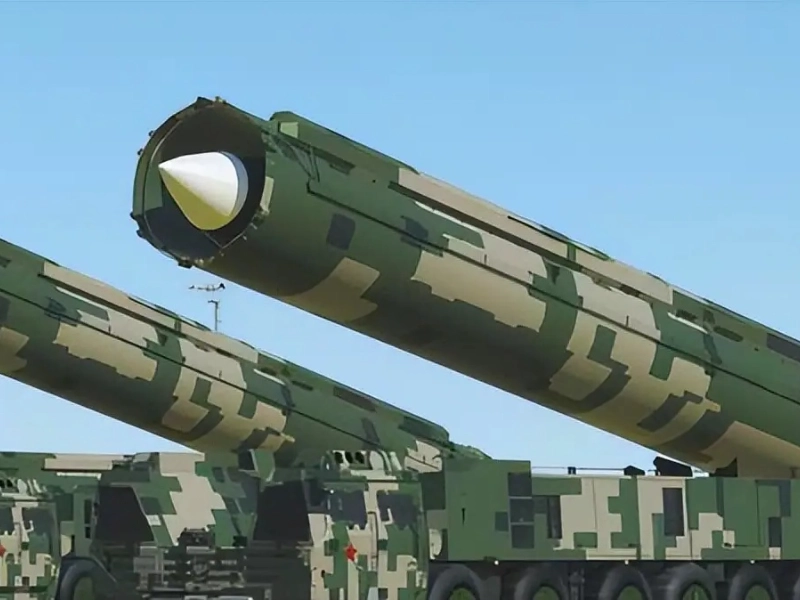





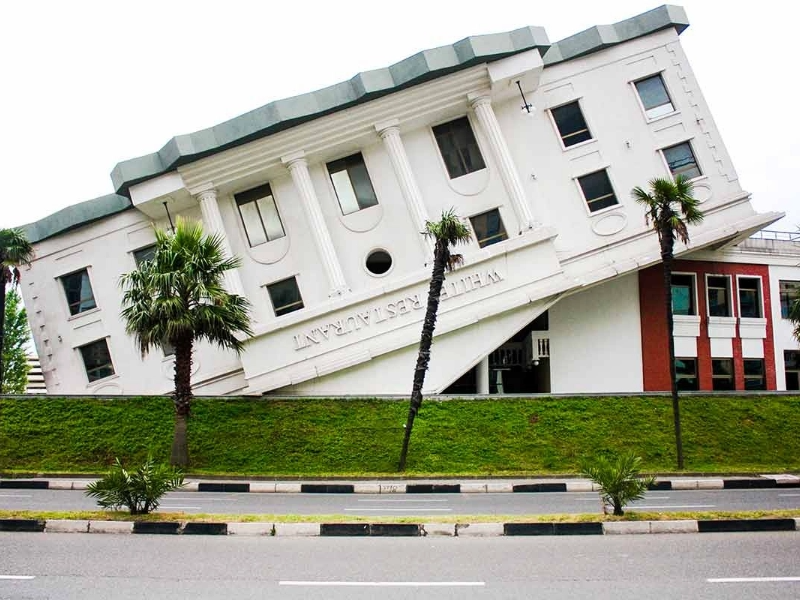

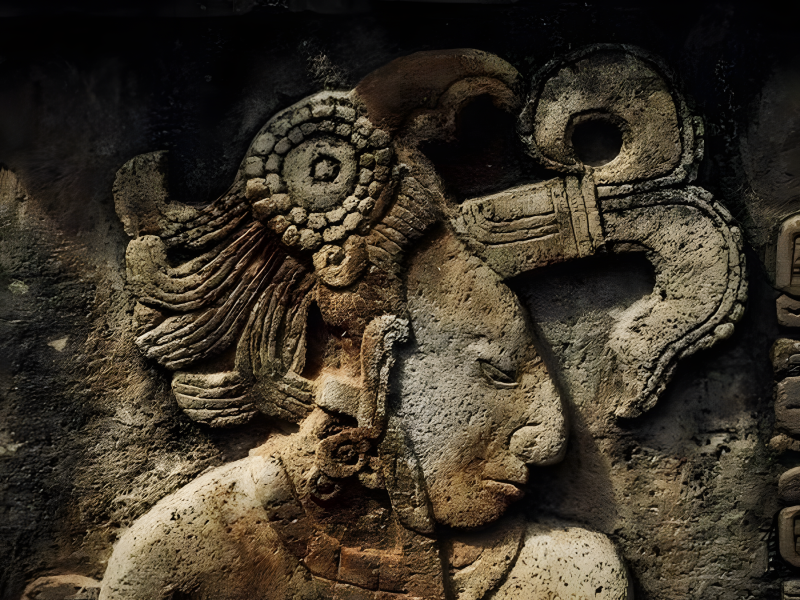



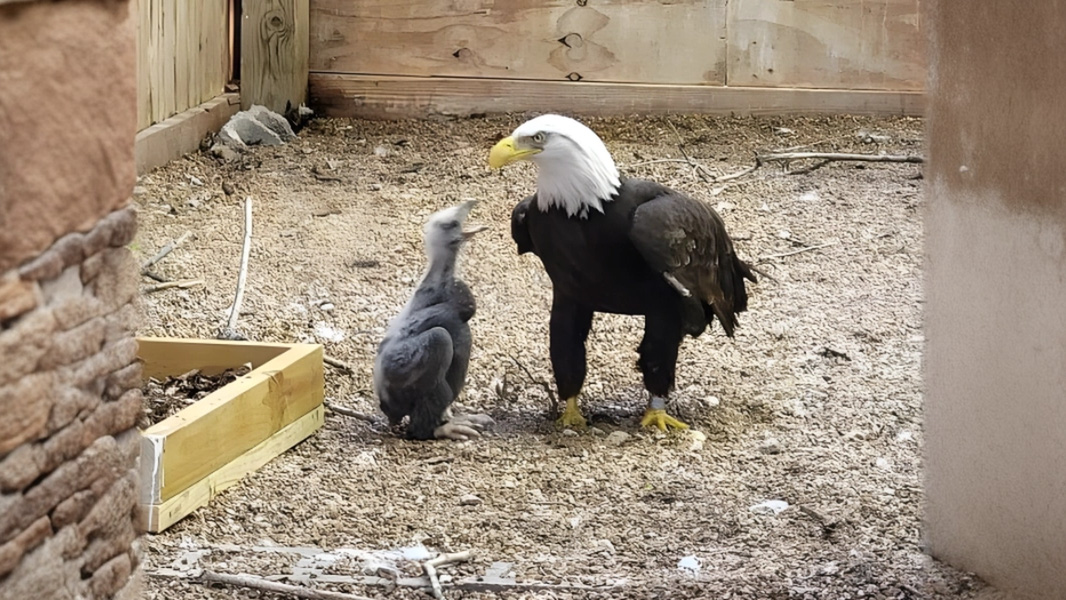

Inspires pruning elsewhere.
Streamlines retrospective synthesis.